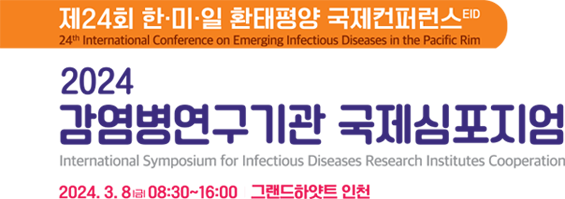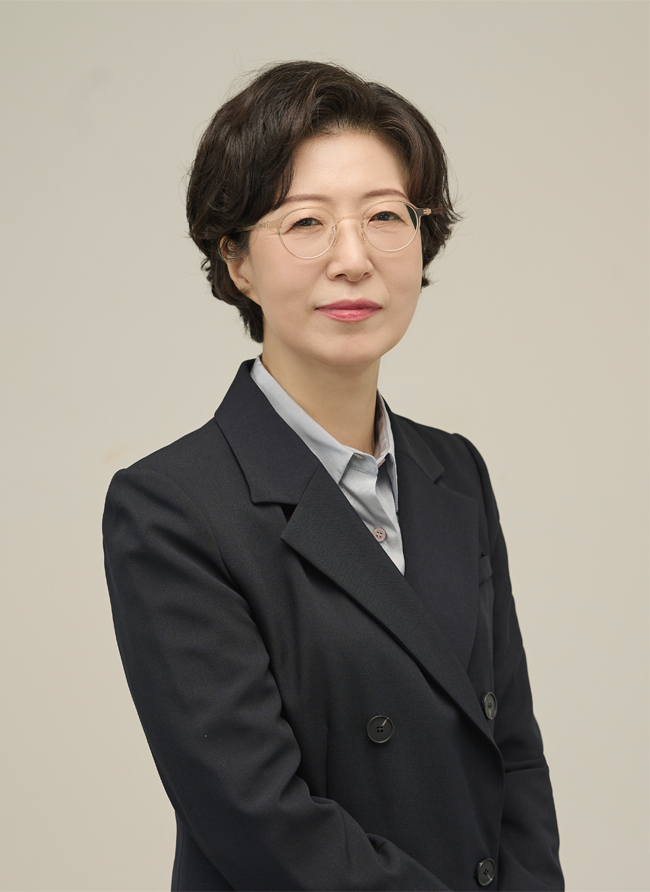



초대의 말씀
안녕하십니까?
2024 병원기반 인간 마이크로바이옴 연구개발 사업 심포지엄에 여러분을 초대합니다.
질병관리청 국립보건원에서는 임상정보를 기반으로 미해결 질환 극복을 위한 "병원기반 인간 마이크로바이옴 연구개발 사업"을 2023년부터 보건복지부와 공동 협력사업으로 추진해오고 있습니다.
2023년에 이어 두 번째를 맞는 이번 심포지엄은 Human Microbiome and Clinical Application을 주제로, 마이크로바이옴 연구와 임상적 응용에 관한 최신 지견과 연구 성과를 공유하는 자리로 마련하였습니다.
이번 행사에서는 마이크로바이옴 연구를 통해 진단 및 치료법 개발의 새로운 방향을 제시하는 다양한 강연이 준비되어 있으며, '건강과 질병에 따른 마이크로바이옴 축(gut-organ axis)'과 '인체 마이크로바이옴 연구의 데이터베이스 및 생물정보학 분석'을 주제로 한 세션에서는 최신 연구 트렌드와 실질적인 연구방법론에 대해 알아볼 수 있는 좋은 기회가 될 것입니다.
또한, 패널토의를 통해 다학제 연구자들 간의 협력 및 보건의료 데이터의 효율적 활용을 위한 심도 있는 논의를 펼칠 예정입니다.
여러분의 참여와 협력이 더해져 더욱 풍성한 학술 행사가 될 수 있기를 기대합니다.
부디 많은 관심과 적극적인 참여를 부탁드립니다.
감사합니다.
국립보건연구원장
